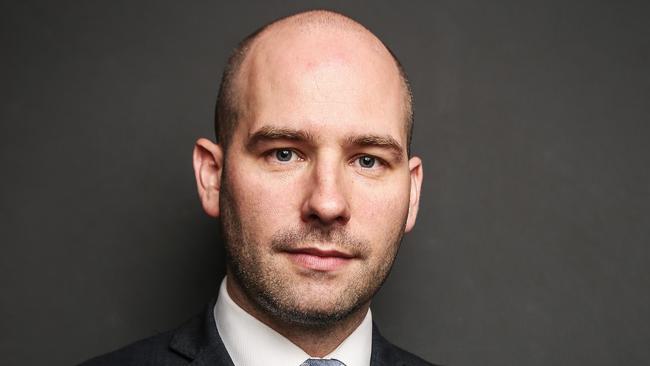Electric vehicle rollout ‘threat to power grid’
Labor’s electric vehicle plan could destabilise the nation’s power grid unless it is paired with major energy market reforms.

Labor’s electric vehicle plan could destabilise the nation’s power grid unless it is paired with major energy market reforms including “smart” network upgrades and a national rollout of time-of-use tariffs to ensure EV owners don’t charge their cars during peak demand periods.
Energy Networks Australia warned in a submission to the Senate’s recent electric vehicle inquiry that growing numbers of EVs, combined with the nation’s flat energy pricing structure, could worsen energy peaks and exceed the capacity of low-voltage networks.
“Australia’s distribution networks were not designed for any significant uptake of electric vehicles and the consequential demand for charging,” the peak energy network body said.
“This raises concerns about potential impact of electric vehicle mass-charging events on energy security at a time when the system is susceptible to power outages during peak periods of energy demand.”
The energy network body said measures needed to be put in place to ensure the nation’s EV owners didn’t all plug in their cars to charge at the same time, especially on a hot summer day.
“While prices and incentives for off-peak charging are a key first step, managed charging of electric vehicles will eventually need to be achieved through some level of orchestration as vehicles begin to number in the millions,” it said.
Infrastructure Partnerships Australia chief executive Adrian Dwyer said that with a smarter grid EVs could store cheap, off-peak renewable energy for use during periods of high energy demand. “It might be that you plug your car in and it starts drawing power from the grid or, potentially more likely, you plug your car in and it actually powers your house,” he said.
Bill Shorten declared this week that, under Labor, EVs would make up 50 per cent of all vehicles sold by 2030. His environment spokesman, Mark Butler, said the impact of EVs on the grid was being considered by energy market agencies and the Council of Australian Governments Energy Council. “Labor will consult on agency and state views before making any decisions regarding these issues,” he said.
Josh Frydenberg, who previously compared EVs to the advent of the iPhone and declared there would be one million of the cars on the road by 2030, said yesterday that Labor’s electric car policy was a case of “virtue signalling”.
“What we have said is we will support the rollout of infrastructure with more stations where people can charge their electric vehicles,” the Treasurer said.
“And there are more vehicles coming onto the road. But effectively the Labor Party, when it comes to their energy policy, have not costed the impact of forcing such a change.”
Mr Butler said the Treasurer, as the government’s biggest electric vehicle enthusiast, should get on board with Labor’s plan.
“Now Labor has announced Australia’s first ever electric vehicle plan, Josh Frydenberg should hop in the car and support our plan instead of his own chaotic government, which has nothing to offer Australian motorists apart from a plan to have a plan and $500 higher petrol bills,” he said.




To join the conversation, please log in. Don't have an account? Register
Join the conversation, you are commenting as Logout